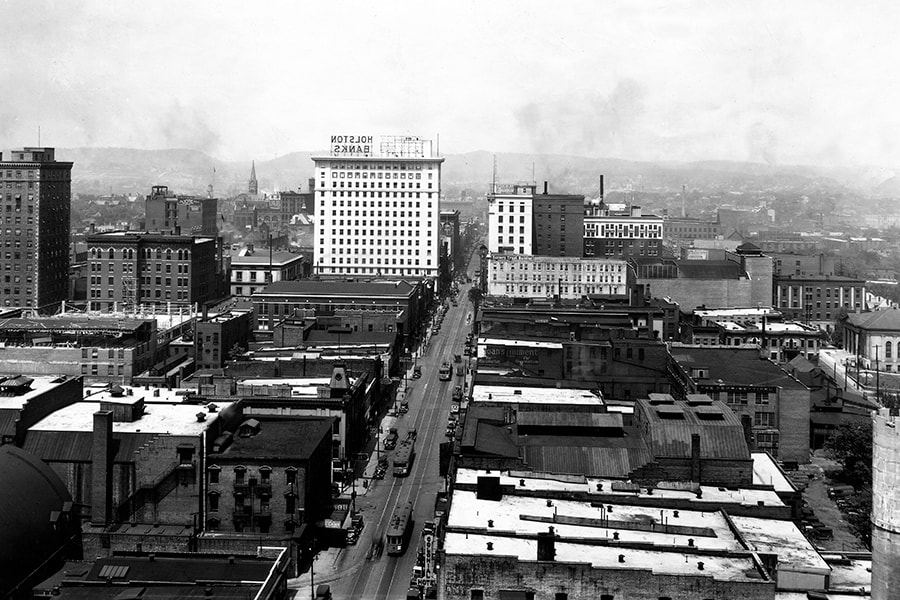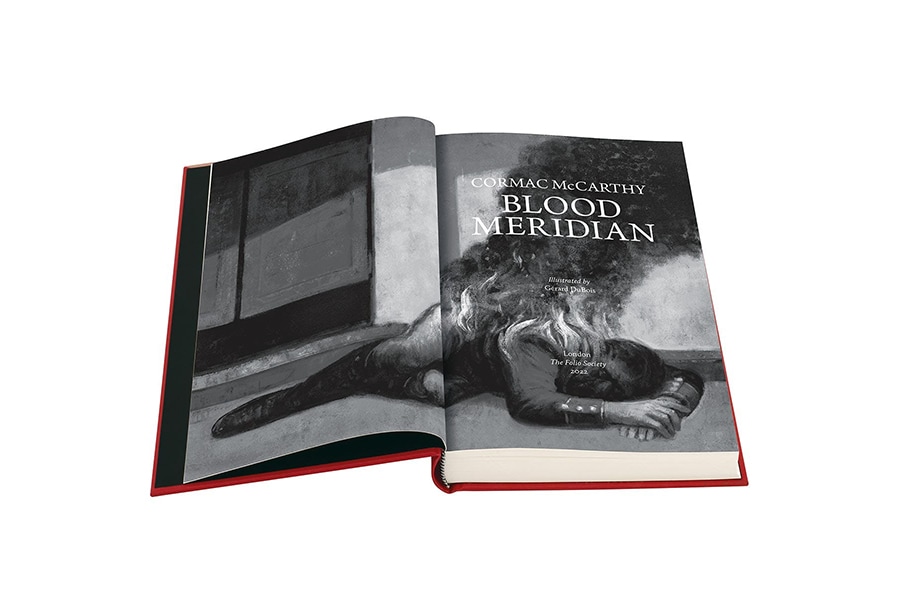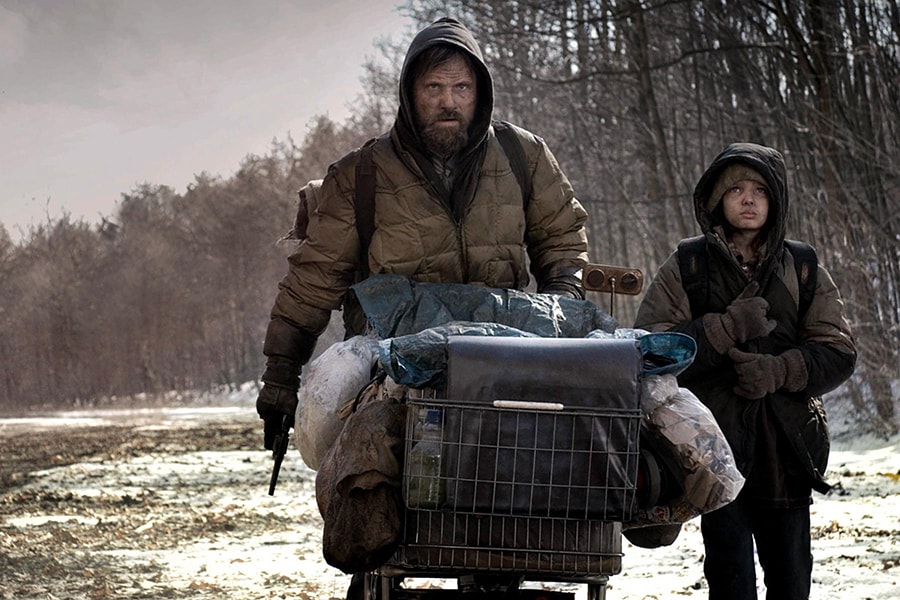
Cormac McCarthy's sparse prose laid bare America's bleak and brutal soul
Cormac McCarthy, a Pulitzer Prize-winning author whose poignant, brutally violent novels propelled him to the ranks of literary giants of American fiction, dies at 89
A lone wolf among the last of the literary giants Toni Morrison, John Updike & Philip Roth, Cormac McCarthy’s pared-down melancholic vision provided no solace to humans who passed through its worlds.
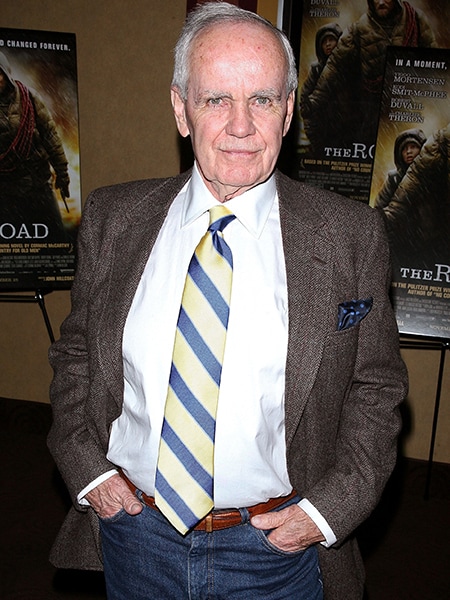 Image: Jim Spellman/WireImage/ Getty Images
Image: Jim Spellman/WireImage/ Getty Images
Cormac McCarthy’s oeuvre carved a sparse, macabre portrait of the human condition in the American landscape. His early bleak novels, like the savage western Blood Meridian, were set in the Appalachian South, and later, the landscape shifted to the desert Southwest like in his austere, post-apocalyptic Pulitzer winner, The Road.
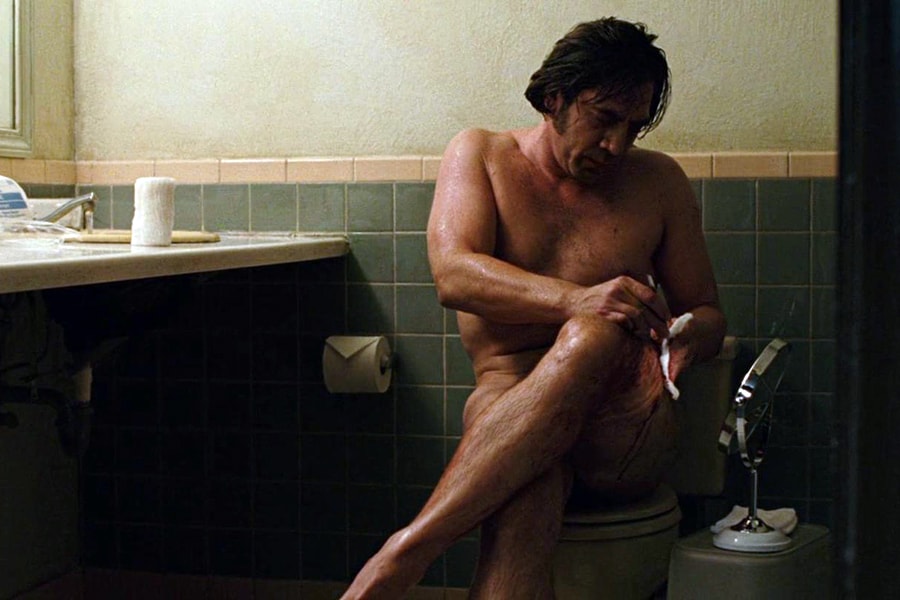 Javier Bardem as Anton Chigurh in 'No Country for Old Men'
Javier Bardem as Anton Chigurh in 'No Country for Old Men'
There is a scene in the Academy Award-winning film No Country For Old Men—a faithful adaptation of the legendary novel by Cormac McCarthy—when Javier Bardem’s character Anton Chigurh patches his own gunshot-bloodied thigh, bearing the pain, in a motel. The wound that flinches the viewer most in Chigurh isn’t physical; it is psychic, arising from an acceptance of the inevitability of violence, a theme that runs like a wild horse through a lot of McCarthy’s oeuvre.
It isn’t surprising that McCarthy had begun No Country... as a screenplay. Although McCarthy focused on his novels without a care for their commercial prospects, he also wrote for film and television, penning the screenplay for Ridley Scott’s crime thriller The Counselor (2013). Another of his unsold screenplays inspired the 'Border Trilogy'.
